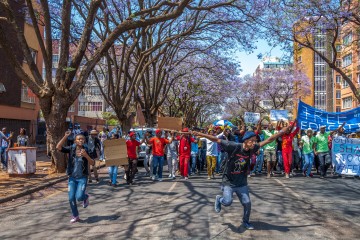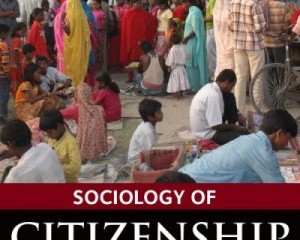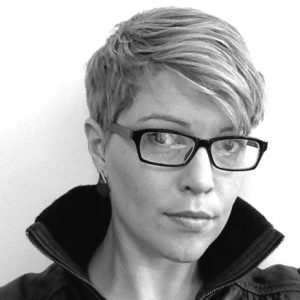
Higher Education in Africa: Four Key Challenges
This sentiment is echoed by governments and citizens across the world: Education can help us to better understand the world around us and our place in it, equipping us to push for good social, economic and political change. Higher education across Africa is booming. The number of students enrolled in tertiary education has increased from fewer than 200,000 in 1970 to around 10 million today. Universities in Kenya, Morocco, Nigeria, South Africa, and Uganda are leading lights from the continent in the 2016 Times Higher Education rankings. But, as thousands of protesting students across South Africa have highlighted over the last ten days, education does not always live up to its promise. Instead, universities can serve to reinforce the inequalities …

Moving Beyond Movements: Exploring paths of everyday citizenship in urban South Africa
In the rich literature that has emerged on social movements in post-apartheid South Africa, there have been many analyses that explore the degree to which particular social movements cooperate with the state or adopt a more antagonistic stance. Some break this picture down further, exploring the degree to which movements are able to cultivate or capitalise upon unique relationships with specific state actors or departments. Those kinds of accounts remind us that the state is, in reality, a collection of individuals and institutions that are often heterogeneous and fragmented, if not in active conflict with each other. This work has helped us to gain a more nuanced understanding of South Africa’s political landscape and the nature of statehood and citizenship within it.
Less prevalent in the literature on popular politics are studies of individuals and the diverse relationships they hold with state actors and institutions as they traverse between social movements and what Raul Zibechi would call ‘societies in movement’. And yet, this focus on ideas, identity, and practice in the midst of everyday life is crucial if we are to grasp what it means to be involved in grassroots politics.










